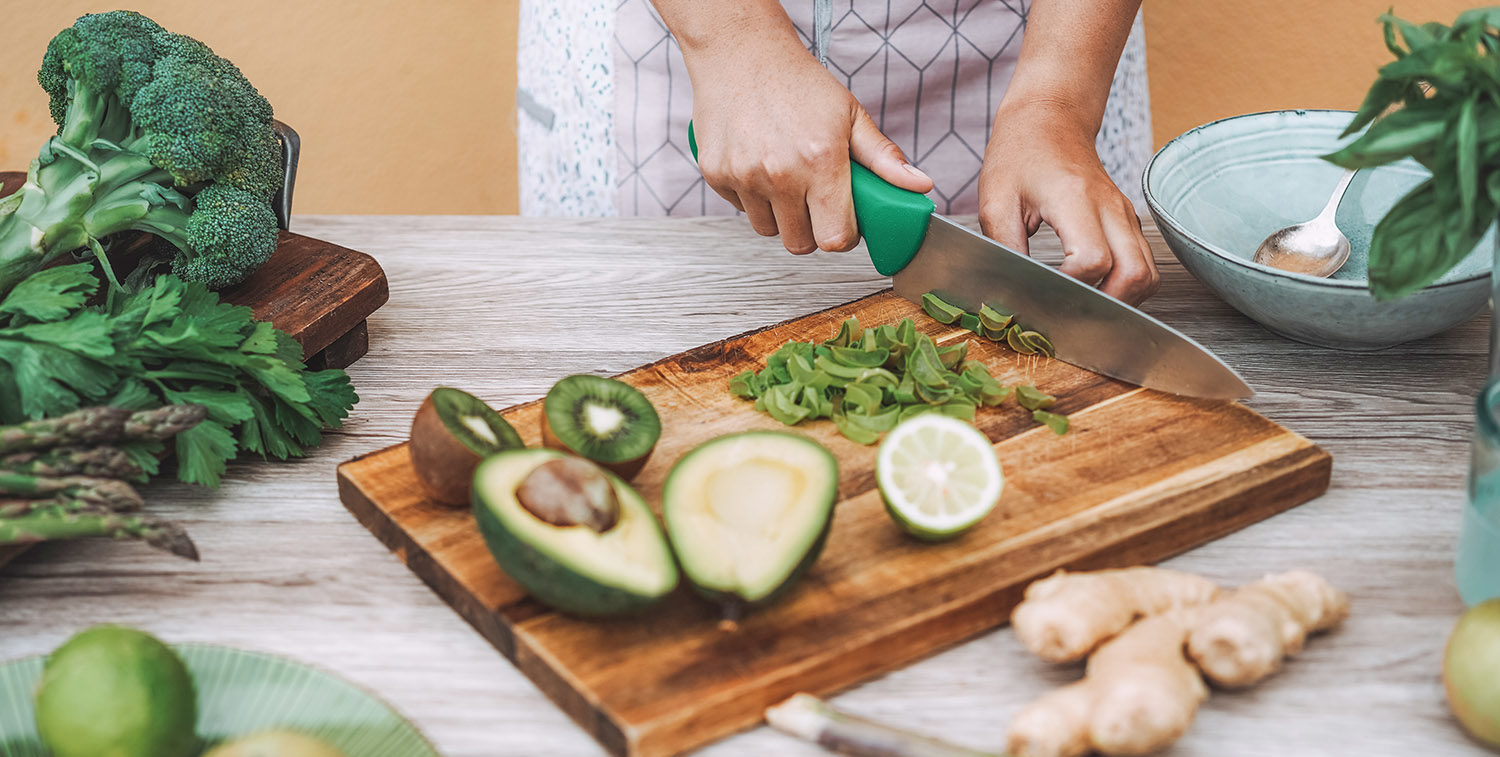Food for thought.
Food is all around us, and there are new ‘fad’ diets popping up every day. As a result, this can be extremely overwhelming for cancer patients trying to make healthy, educated diet choices during and after treatment. Fortunately, WMCC has a registered dietitian (RD) on staff to help manage the many possible side effects of treatment and answer questions that may come up before, during, or after treatment. RDs are food and nutrition experts who have met the Commission on Dietetic Registration’s (CDR) criteria to earn the RD credential. If you would like to speak to our RD, ask your provider for a complimentary referral.
Nutrition plays a significant role in cancer development, prognosis, treatment tolerance, and overall quality of life. Balanced nutrition can help patients feel good and stay strong throughout treatment. Unintentional weight loss due to decreased appetite, increased calorie needs, or nausea and vomiting makes it more difficult to tolerate treatment, puts patients at increased risk of infection, and slows the healing process.

Some ‘food for thought’ for those starting cancer treatment:
- A well-balanced diet, rich in fruits, veggies, whole grains, and lean protein, will ensure that the body gets the nutrition it needs to stay strong and fight off infection.
- Whole grains are rich in fiber, which can help promote regular bowel movements and lower a food’s glycemic index.
- Examples of lean protein include the following: turkey, chicken, fish, and beans.
- Limit red meat consumption (beef, pork, and lamb) to 18 oz per week and avoid processed meat consumption.
- Herbal nutrition supplements are not recommended for cancer treatment or prevention. Please discuss any herbal supplements that you are taking with a physician or RD.
- Unintentional weight loss is a common side effect that can lead to loss of lean body mass, making treatment more difficult. Consider the following to promote weight maintenance or weight gain:
- Eat small, frequent meals/snacks every 1-2 hours throughout the day.
- Prepare meals/snacks ahead of time, before the side effects of treatment strike.
- Add nutrient-dense sources of calories to meals and snacks: olive oil, peanut butter, avocado, cheese, butter, eggs, nuts, etc.
- Oral nutrition supplements, such as Boost, Ensure, and Carnation Instant Breakfast, are also great sources of calories and protein. These can be used in place of a meal or in between meals, as a snack.
- In some cases, it is not possible to eat or drink enough by mouth throughout treatment. As a result, it may be recommended that a feeding tube be placed to provide complete or supplemental nutrition support.
- Tube feeding does NOT signify failure.
- Feeding tubes are not permanent.




